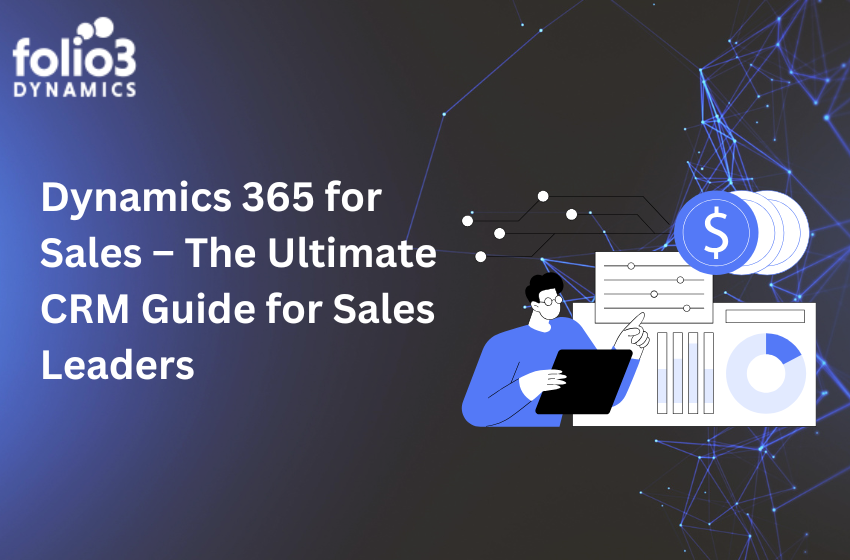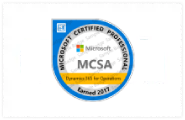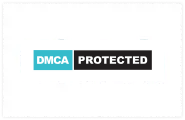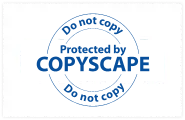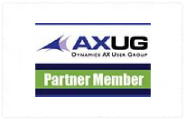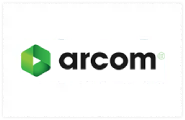Whichever system is appropriate for the situation, in short.
Just like picking the right vehicle for the job, picking the right software for your business requires you to first know what you need and how you plan to use it to support your business goals. You won’t be able to evaluate the merits of each system until you have a complete understanding of your needs.
Now for the important part.
The main distinction between ERP WMS software
The primary differentiation is that a WMS has a distinct purpose. On the other hand, enterprise resource planning (ERP) systems can be put to use in a variety of ways across your organization and tend to excel in certain business functions while falling short in others.
If your ERP system is a Mercedes-Benz Roadster, then your WMS is a four-wheel-drive vehicle. To what extent do enterprise resource planning systems and warehouse management systems vary from one another?
If you take a Mercedes Benz off-road, it simply won’t perform. It could be nice and fun to drive around town, making you feel like a million bucks. The 4×4 was crafted with off-road travel in mind. Your 4×4 might not be as quick as a Mercedes in the city, but out in the wilderness, it’ll be hard to beat.
Warehouse management systems are designed to make your operations more efficient. On the other hand, ERP software is made to automate tasks throughout your entire company, from marketing and sales to client service, human resources, procurement, inventory, and financial management. Could this mean that investing in an ERP is the best choice? Not quite.
Both systems have a lot of potential to benefit your company. To get the best return on investment, you need to select a system whose overall goals are consistent with those of your business (ROI).
How to determine which system will meet your business needs the best
There are three main factors to take into account when deciding between ERP software and a WMS:
- What are your long-term objectives for business?
- What systems and processes do you currently use that will need to be integrated with your ERP or WMS?
- What ROI can your WMS or ERP provide?
ERP vs WMS: Pros and Cons
In order to better understand which ERP software or WMS is more appropriate for your needs, let’s compare their features and applications.
ERP Benefits
- Your entire business can be streamlined with the aid of an ERP.
- An all-encompassing solution for your entire business is an ERP. Scaling ERPs is simple.
- As your business expands, you can upgrade the software and add more products because of its modular design.
- Depending on the modules implemented, ERPs provide a centralized solution that allows anyone in your company to access business information.
WMS Benefits
- Suitable for a particular use. A WMS’s sole objective is to boost your warehouse’s productivity and profitability.
- A warehouse management system (WMS) automates every step of the warehouse management process, from receiving stock to filling customer orders.
- ROI and speed of implementation. Implementing a WMS typically takes 6 to 8 months, and it should show a return on investment in about 2 years.
- Advanced features are frequently WMS-specific.
- Your ERP can be integrated with a WMS to provide the essential operational and functional depth that is frequently lacking in the ERP.
Drawbacks of ERP
- ERPs can be quite pricey. Your costs rise as your business expands and you begin to add more modules to your ERP. Furthermore, ERP implementations can take years to complete.
- Static Once you’ve implemented an ERP, it can be challenging to alter your business objectives and priorities (this is because your entire operation now relies on a single system that may not provide deep functional depth across all modules).
- You won’t have access to the same level of insight into the operational health of your warehouse because the WMS module of an ERP is significantly less sophisticated than a best-of-breed, standalone WMS.
Drawbacks of WMS
- A WMS is a stand-alone solution that keeps your warehouse separate from other company departments. Although this may at first appear to be a potential problem, almost all WMS integrate into an ERP using APIs, providing the necessary visibility.
- Integrating entry-level WMS solutions with your company’s current systems can be challenging (which can lead to data loss). However, best-of-breed WMS solutions do not have this issue.
- A WMS’s initial implementation will necessitate intensive change management.
As you can see, each system was created with entirely different goals in mind. You can start looking at the various options if you’ve done a needs analysis and pick the system that is the best fit for your company. Once you know what your enterprise needs, get in touch with Folio3 experts to help you with the integration and make your switch smooth.

